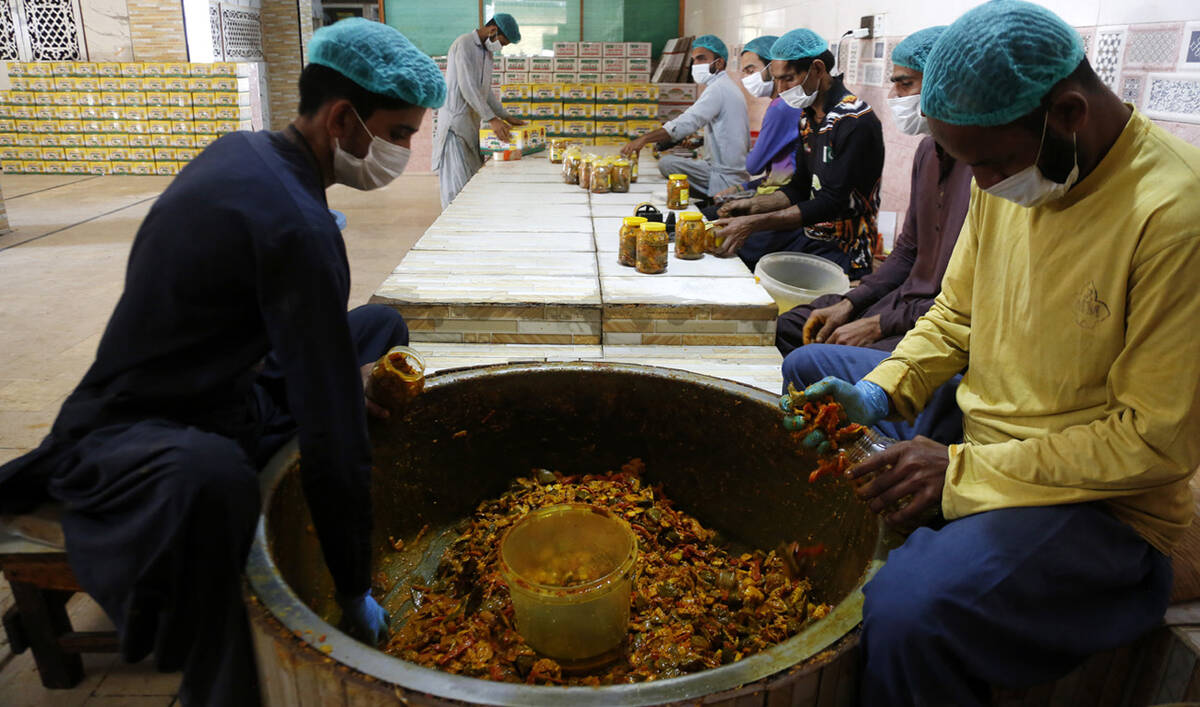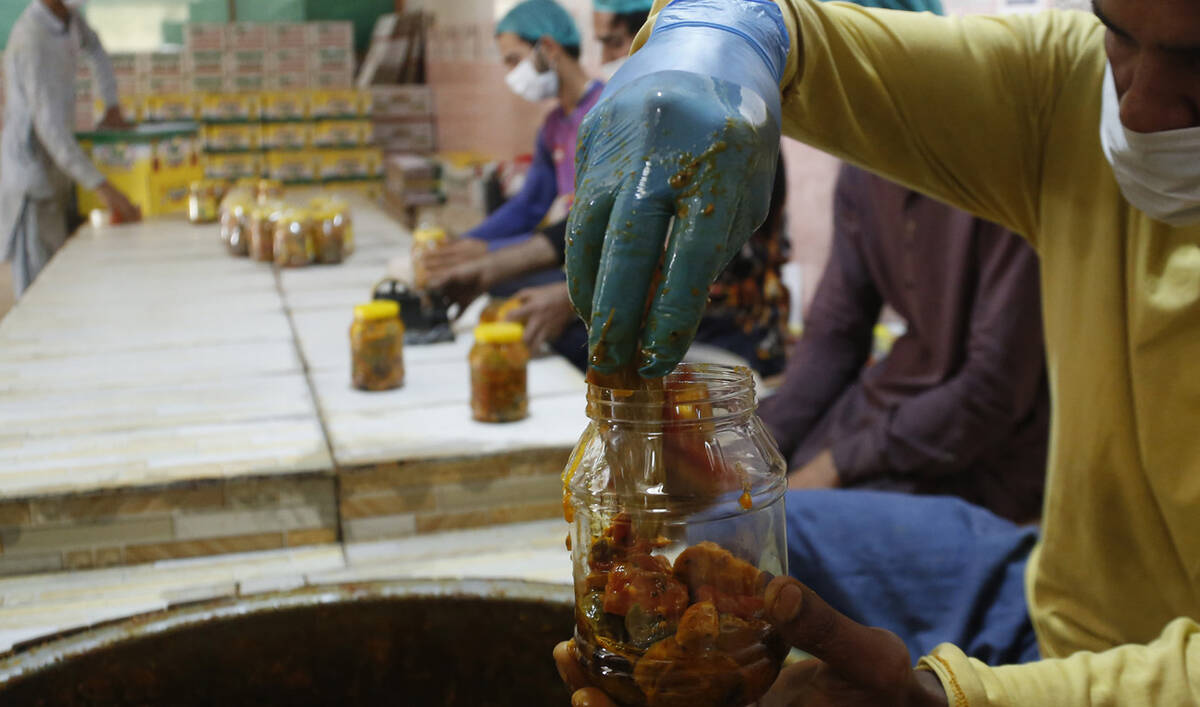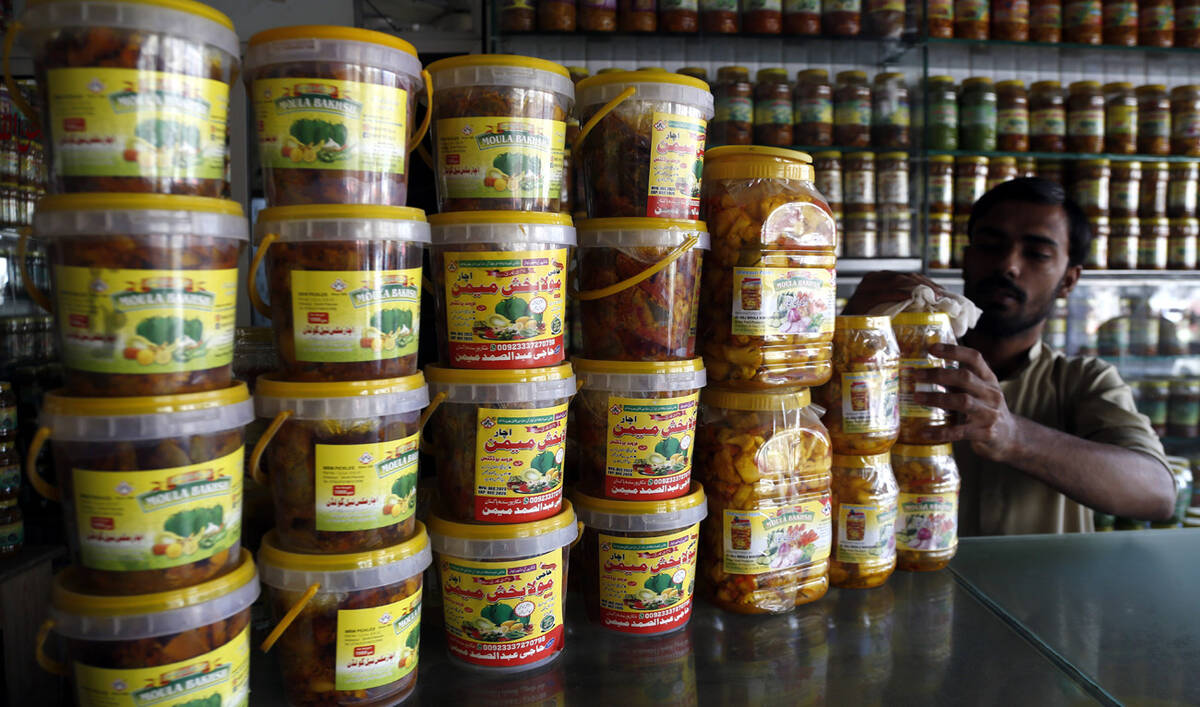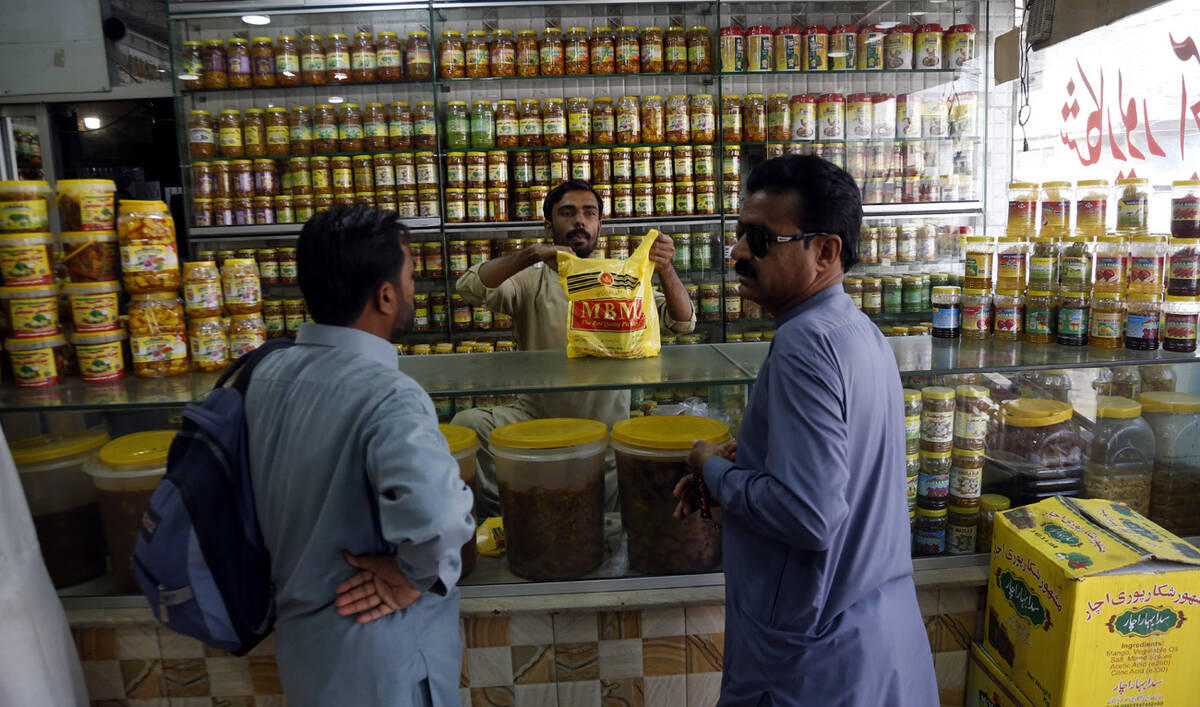ISLAMABAD: Chinese Vice-Premier He Lifeng on Monday presented an ambitious future plan for the China Pakistan Economic Corridor (CPEC) and called for the participation of third countries in the project to advance regional connectivity and economic integration.
He, on a three-day visit to the Pakistani capital of Islamabad, was addressing a special ceremony to celebrate the completion of a decade of the CPEC project which has seen Beijing pledge over $60 billion dollars in Pakistan.
The major investment in development and energy projects is part of President Xi Jinping's Belt and Road Initiative (BRI) to improve China's road, rail and sea routes with the rest of the world.
As per the visiting Chinese dignitary, CPEC has so far brought $ 25.4 billion direct investment to Pakistan, created thousands of jobs and added 500 km of highways, 8000 MW of electricity and nearly 900 km to the National Transmission Network.
“In the next decade, China-Pakistan relations will embrace an even brighter future,” the Chinese dignitary said.
“We need to uphold openness and inclusiveness, actively step-up communication and coordination with regional countries, welcome the participation of third parties in CPEC and promote the extension of CPEC so as to advance regional connectivity and economic integration, share cooperation opportunities and pursue common development and prosperity.”
Laying out the future plan for CPEC, he called for building a “livelihood-enhancing corridor with people first and deepen cooperation on industry, agriculture, health, education, training and people's well-being.”
He proposed building an “innovation corridor” that would expand cooperation in areas such as high-tech, mobile, communications, e-commerce, AI and smart cities, and a “green corridor” to pursue environmentally-friendly development and forge greater synergy between the green Silk Road and the Green Pakistan Initiative, launched last month to modernize Pakistan’s agriculture sector.
During the day, Pakistani and Chinese officials signed six agreements, including a protocol on the export of dried chiles from Pakistan to China, and the establishment of a mechanism for the exchange of experts under the CPEC framework.
The two sides also signed memoranda of understanding, including one to promote the strategic Main Line-1, also known as Karachi-Peshawar Railway Line or ML-1, a $6.8 billion CPEC project to upgrade Pakistan’s railway lines.
Addressing the 10th anniversary celebration event, Pakistani Prime Minister Shehbaz Sharif said Pakistan was entering into the “second phase” of CPEC.
“Today we have signed certain important documents which will further enhance our economic cooperation where we will undertake a second phase of CPEC under a new model,” Sharif said.
“It will be B2B (business-to-business), it will be investments in agriculture, in information technology so that Pakistan, through Chinese cooperation and support, is able to export its items according to the requirement and standards of the Chinese government.”
He also met Pakistan’s army chief General Syed Asim Munir on Monday evening and discussed defense cooperation, the Pakistan military’s media wing said in a statement:
“Both reiterated the desire to further enhance and strengthen bilateral relations in all fields.”
Separately, Pakistani President Arif Alvi conferred the Chinese vice-premier with the ‘Hilal-e-Pakistan,’ the second highest civil award, during a ceremony at the presidency.























